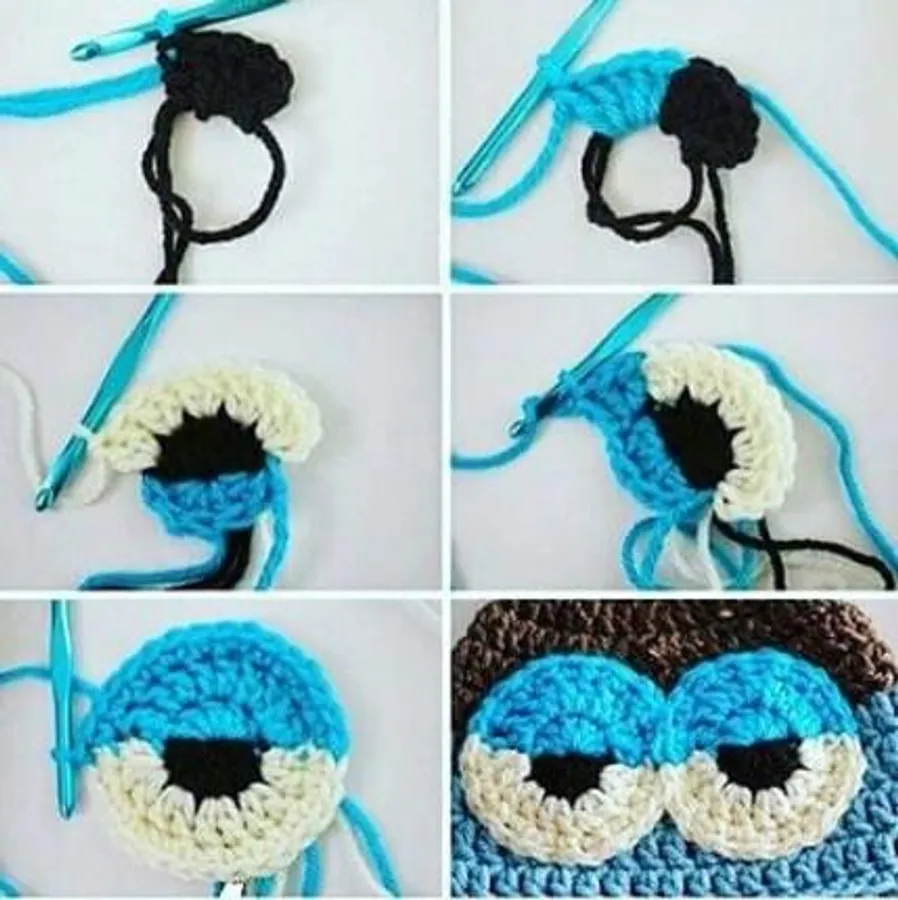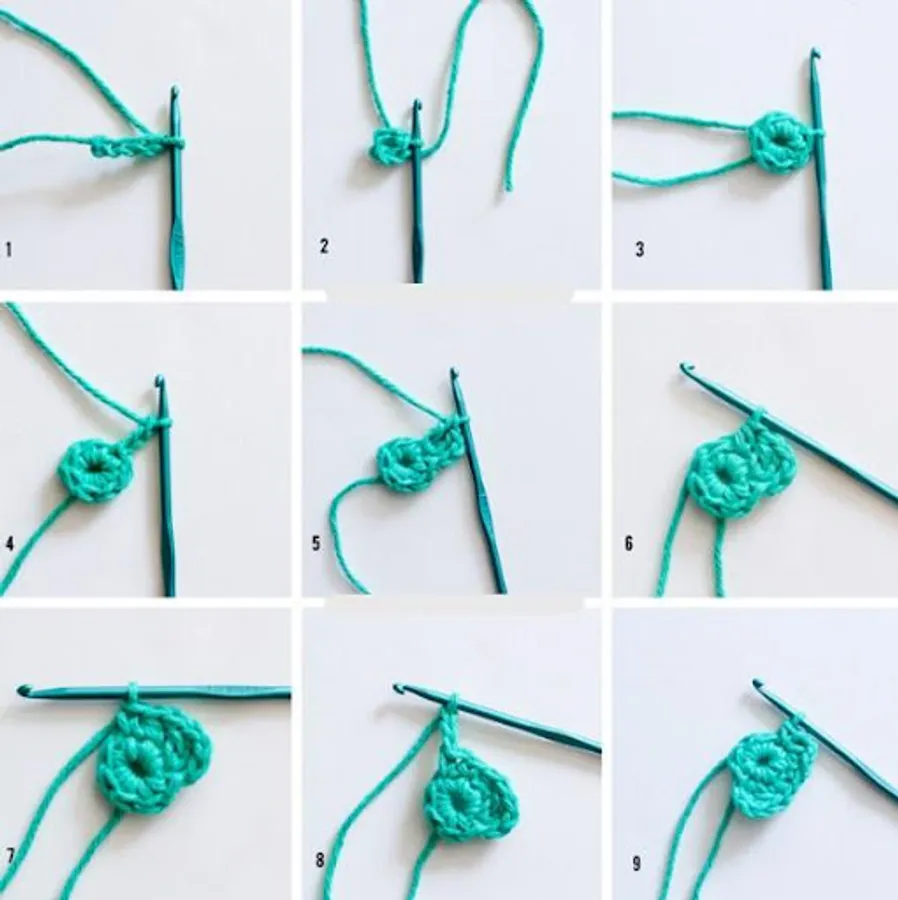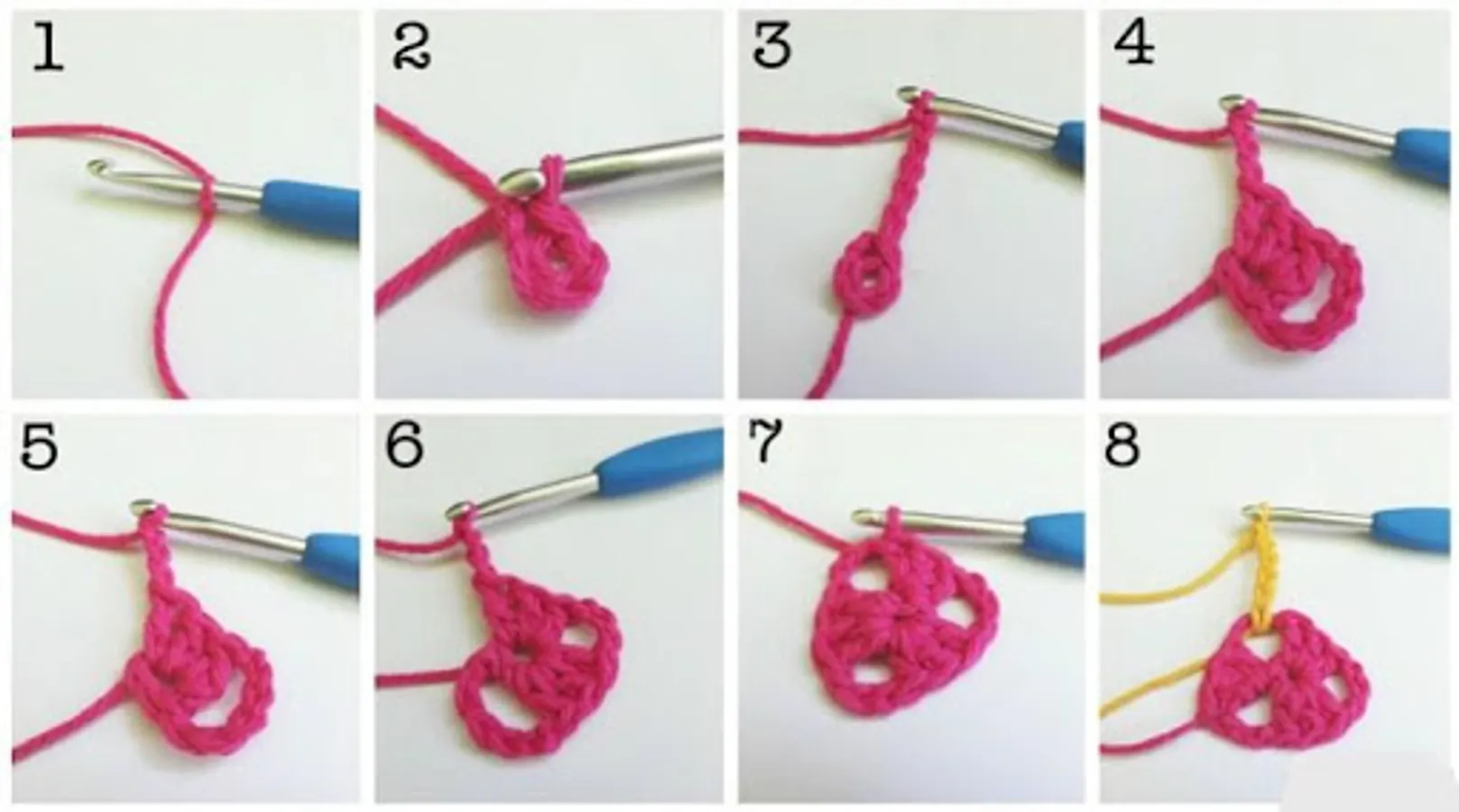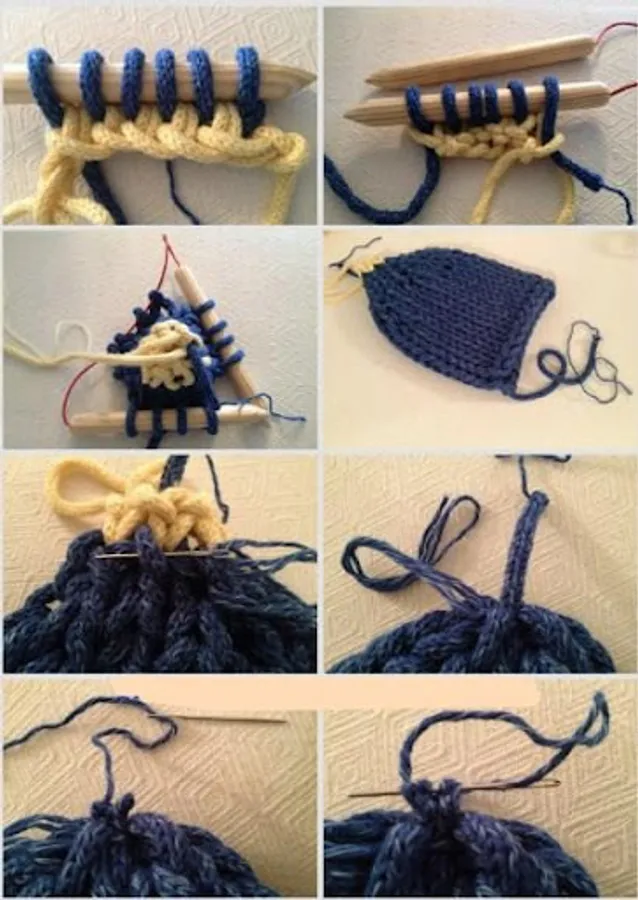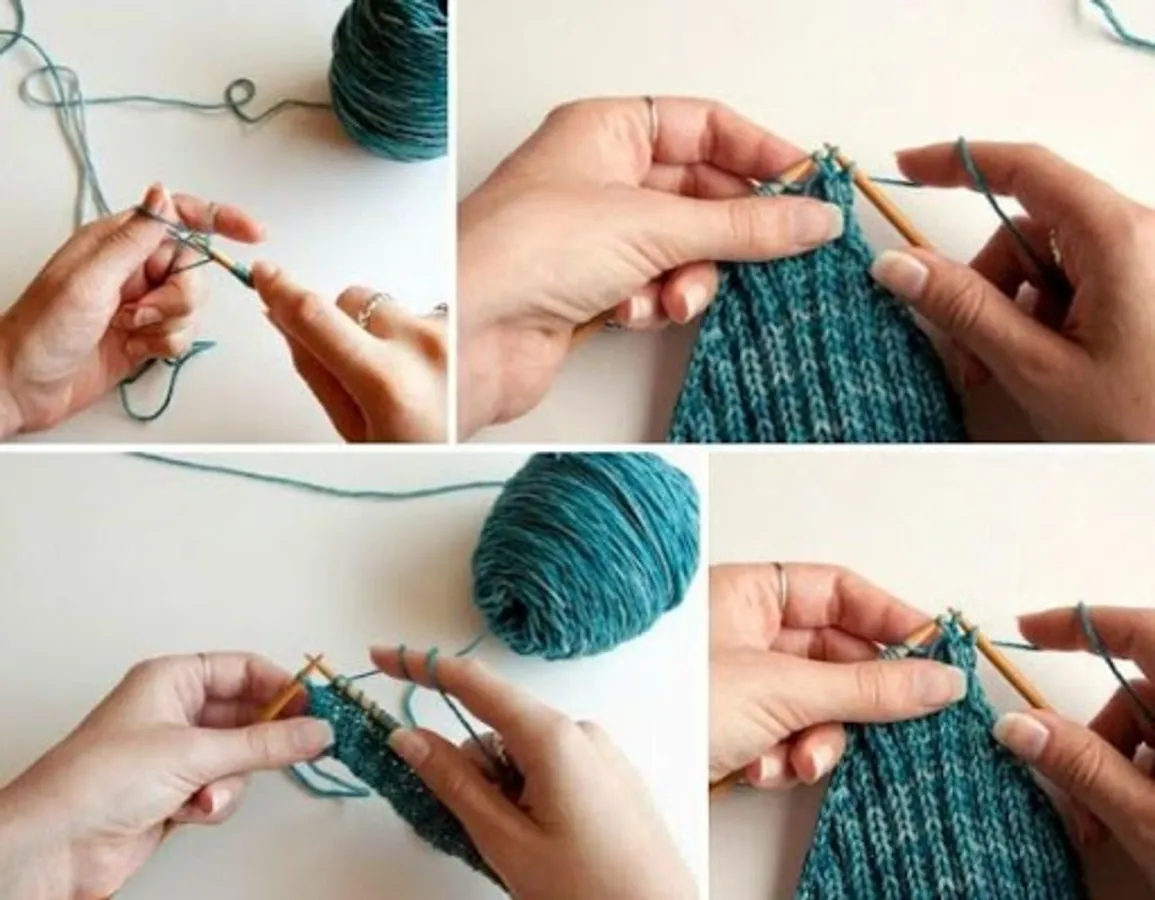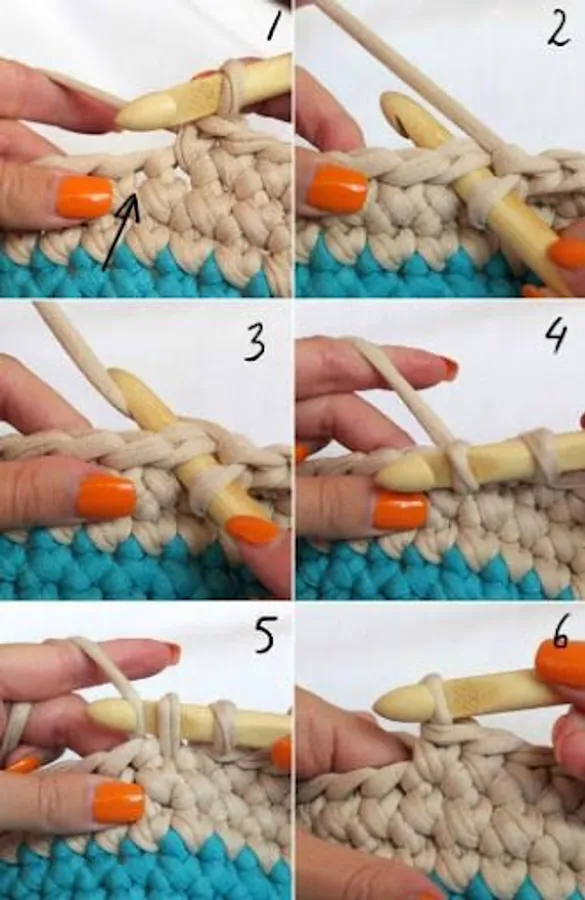In this DIY crochet tutorials app, you can follow step-by-step instructions to learn various crochet techniques and create projects. Includes video demonstrations, pattern downloads, and community sharing features.
AppRecs review analysis
AppRecs rating 3.6. Trustworthiness 0 out of 100. Review manipulation risk 0 out of 100. Based on a review sample analyzed.
★★★☆☆
3.6
AppRecs Rating
Ratings breakdown
5 star
57%
4 star
6%
3 star
6%
2 star
6%
1 star
25%
What to know
✓
Good user ratings
63% positive sampled reviews
✓
Authentic reviews
Natural distribution, no red flags
⚠
High negative review ratio
31% of sampled ratings are 1–2 stars
About DIY Crochet Tutorials
Why would you want to knit or crochet when you can buy mass-produced machine knitted goods less expensively from stores? I mean, your grandmother's grandmother might have knit as a pastime but you can't even remember anyone in your family doing it. Who has the time?
People have been knitting and crocheting for hundreds of years. Men were the knitters during the years of the Crafts and Guilds of the Middle Ages. They served an apprenticeship of about six years under a master craftsman, traveled abroad to learn foreign techniques, and returned to sit for a challenging exam. They crafted children's garments as well as jackets, gloves, stockings, and berets which became more fashionable than caps. They used mainly wool, but also cotton, silk, and linen yarns.
Knitting became women's work after the Industrial Revolution.
Crochet was worked and taught primarily in the convents of the time. It used one of a number of lace-making tools called a "cloche" or hook. During the Irish famine of 1846 the nuns taught their art to pupils who then sold the crocheted items to help to relieve such misery as they could. There are today several schools in Ireland which teach this beautiful art.
You can stand here today in the 21st century and see a rainbow of colored yarn of various textures arranged to inspire. There are modern knitting machines and tools of every description to make your task easier. New designs for high fashion garments appear on runways all over the world in every season. Thanks to the new technology of the internet you can access patterns and materials whenever you wish. Free patterns are offered on many websites along with tutorials. You are closer than ever to fellow artisans and can offer inspiration as well as receive it.
Knitting and crochet are no longer just your grandmother's pastime. They are simple arts, simple to learn and infinitely creative. You can carry your work virtually anywhere and take it up at any time you like. Yarn, knitting needles, crochet hooks, and Learn How books are all easily obtained. Everything you make is an heirloom and a reminder to others how much you care. What do you get out of it? Satisfaction, relaxation, and therapy are just the beginning.
People have been knitting and crocheting for hundreds of years. Men were the knitters during the years of the Crafts and Guilds of the Middle Ages. They served an apprenticeship of about six years under a master craftsman, traveled abroad to learn foreign techniques, and returned to sit for a challenging exam. They crafted children's garments as well as jackets, gloves, stockings, and berets which became more fashionable than caps. They used mainly wool, but also cotton, silk, and linen yarns.
Knitting became women's work after the Industrial Revolution.
Crochet was worked and taught primarily in the convents of the time. It used one of a number of lace-making tools called a "cloche" or hook. During the Irish famine of 1846 the nuns taught their art to pupils who then sold the crocheted items to help to relieve such misery as they could. There are today several schools in Ireland which teach this beautiful art.
You can stand here today in the 21st century and see a rainbow of colored yarn of various textures arranged to inspire. There are modern knitting machines and tools of every description to make your task easier. New designs for high fashion garments appear on runways all over the world in every season. Thanks to the new technology of the internet you can access patterns and materials whenever you wish. Free patterns are offered on many websites along with tutorials. You are closer than ever to fellow artisans and can offer inspiration as well as receive it.
Knitting and crochet are no longer just your grandmother's pastime. They are simple arts, simple to learn and infinitely creative. You can carry your work virtually anywhere and take it up at any time you like. Yarn, knitting needles, crochet hooks, and Learn How books are all easily obtained. Everything you make is an heirloom and a reminder to others how much you care. What do you get out of it? Satisfaction, relaxation, and therapy are just the beginning.
